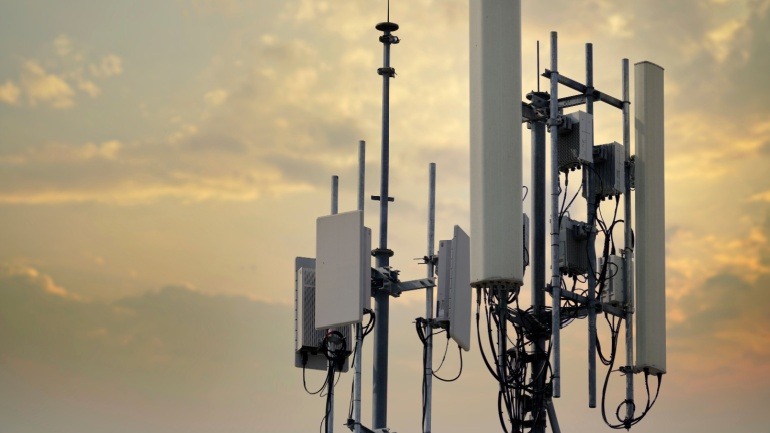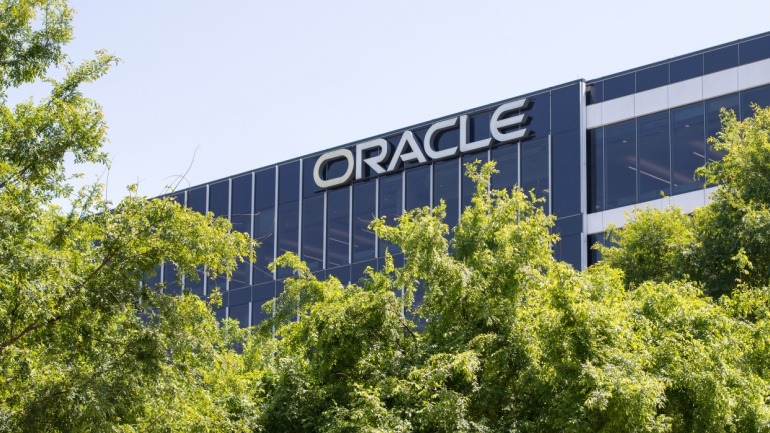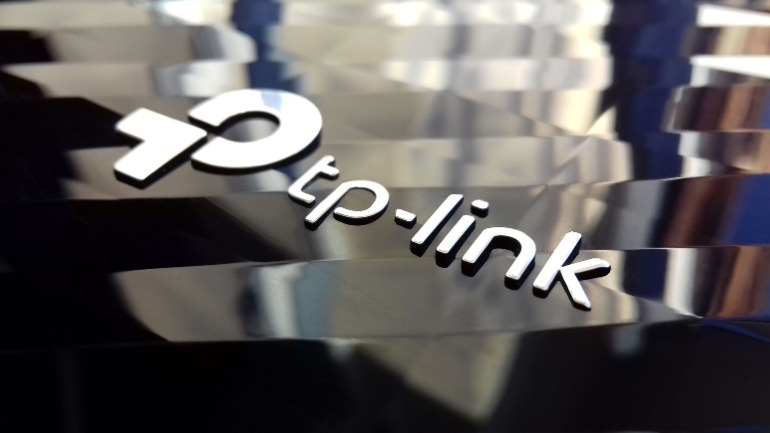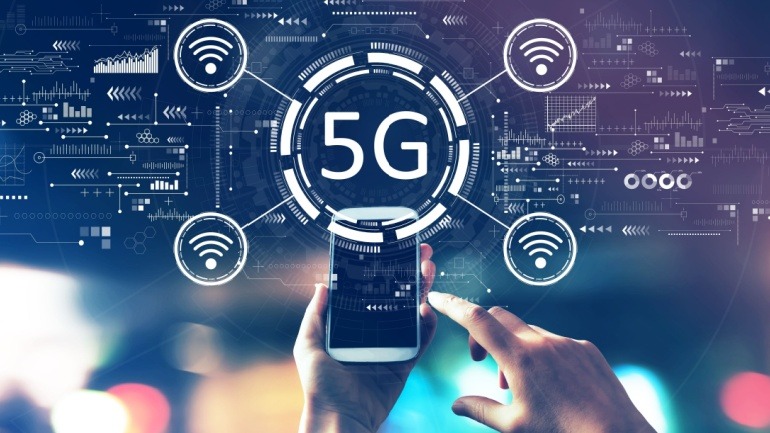Future Technologies is making waves in the VOIP industry with its bold strategy to become North America’s top private 5G provider by 2026. Partnering with Battle Investment Group, the firm is leveraging acquisitions and equity to enhance its connectivity offerings. With a focus on industrial AI and IoT, Future Technologies commits to delivering superior VOIP solutions, positioning itself at the forefront of technological growth. This move promises significant revenue and workforce expansion, catering to enterprises seeking robust private 5G networks.
In today’s unpredictable geopolitical landscape, Orange Wholesale’s CEO, Michaël Trabbia, highlights the vital role of network asset ownership and software-isation in bolstering network resilience. By owning their infrastructure, telecommunication companies like Orange gain strategic independence and defense against disruptions. Transitioning to software-based environments enhances flexibility, empowering operators to deploy services swiftly and adapt.
Oracle’s Intelligent Communications Orchestration Network Cloud Service revolutionizes enterprise VoIP, integrating voice, collaboration, and AI for seamless communication. Benefiting call centers with multiple vendor systems, it offers AI-enhanced services like voice-enabled documentation. Oracle’s technology-neutral solution, built on Oracle Cloud Infrastructure, ensures robust security, simplifying VoIP operations and enhancing agility.
The advent of next-gen Wi-Fi 8 technology, spearheaded by TP-Link, promises to revolutionize wireless connectivity. Testing has shown impressive results in data-transfer efficiency, preparing it for future deployment. While Wi-Fi 7 set high standards, Wi-Fi 8 aims to enhance performance, boosting throughput despite numerous connections, benefiting homes and businesses alike.
At the Connected Britain 2025 event, the focus shifted to how efficiently UK’s fibre market is accessed, with integration platforms and aggregation networks offering solutions. Integration platforms bridge networks and providers via APIs, while aggregation networks consolidate multiple networks under one system. Both address challenges facing service providers, including navigating varying systems. However, their approaches differ: integration models enhance flexibility and choice, whereas aggregation models simplify management but may limit independence. As UK’s fibre rollout progresses, these strategies will shape future connectivity by balancing scale and flexibility, impacting service providers and consumers alike.
In a rapidly evolving connectivity industry, businesses must adapt quickly. LightSpeed Networks offers VOIP solutions that provide customizable connectivity, challenging conventional services. By slashing partner onboarding time by 40%, they enable growth with flexible infrastructure. Experience top-tier VOIP with LightSpeed, empowering UK service providers to excel and scale sustainably.
Japanese ISP BIGLOBE has connected to DE-CIX Frankfurt via GlobePEER Remote, enhancing latency and network performance for data exchange with Europe. This direct link supports BIGLOBE’s international growth, boosts service quality for streaming and cloud applications, and strengthens network resilience.
Nokia and ProRail are launching the world’s first cloud native GSMR core network for rail, boosting safety, reliability, and efficiency. This milestone extends ProRail’s 2G infrastructure and lays the foundation for future FRMCS deployment, supporting Europe’s digital railway transformation with real time data exchange, lower costs, and enhanced service integration.
T-Mobile has completed a $2 billion network expansion in Florida, adding and upgrading thousands of sites to boost 5G coverage. The project improves speeds, supports emergency response, and introduces satellite service for remote areas. With major investments in Miami, Tampa, and Orlando, T-Mobile continues expanding its Ultra Capacity 5G network to reach more communities.
Fujitsu launches 1Finity as a global networking business to boost autonomy and competitiveness in optical and wireless solutions. By uniting key network units and embracing AI and 6G technologies, 1Finity aims to deliver agile, cutting edge products and services tailored to the evolving needs of telecom operators and data centers worldwide.













